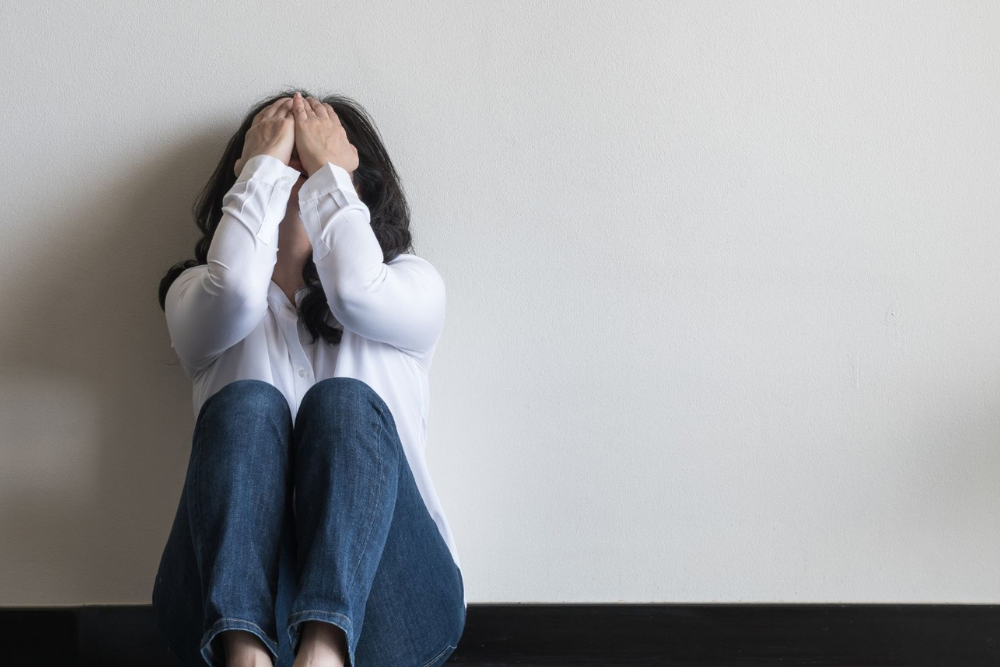
Living with Attention Deficit Hyperactivity Disorder (ADHD) can be challenging on its own, but when compounded with anxiety, it can create additional hurdles to overcome. In this article, we’ll explore the intersection of ADHD and anxiety, examining how these conditions can overlap and sharing coping mechanisms and treatment approaches to help individuals manage symptoms effectively.
Understanding ADHD and Anxiety:
ADHD and anxiety frequently coexist, with studies indicating that individuals with ADHD are more likely to experience symptoms of anxiety compared to the general population. The relationship between these conditions can be complex, as the symptoms of one can exacerbate the symptoms of the other. For example, difficulty with attention and impulsivity in ADHD may contribute to feelings of overwhelm and worry, while anxiety can further impair concentration and increase restlessness.
Identifying Common Symptoms:
Recognizing the shared symptoms of ADHD and anxiety is crucial for effective management. Common symptoms include difficulty focusing, racing thoughts, restlessness, irritability, and difficulty with decision-making. Physical symptoms such as muscle tension, fatigue, and sleep disturbances may also be present. Understanding how these symptoms manifest in both conditions can help individuals and healthcare providers develop targeted strategies for coping and treatment.
Coping Mechanisms: Several coping mechanisms can help individuals manage symptoms of both ADHD and anxiety:
- Mindfulness and Relaxation Techniques: Practices such as deep breathing, meditation, and progressive muscle relaxation can help reduce stress and promote a sense of calm.
- Time Management and Organization: Developing strategies for managing time and tasks can alleviate feelings of overwhelm and improve productivity. Utilizing planners, to-do lists, and breaking tasks into smaller, manageable steps can be beneficial.
- Physical Activity: Engaging in regular exercise can help regulate mood, reduce anxiety, and improve focus and attention. Activities like walking, yoga, and dancing can be particularly effective.
- Cognitive Behavioral Therapy (CBT): CBT techniques, such as cognitive restructuring and exposure therapy, can help individuals challenge negative thought patterns and manage anxiety triggers.
- Social Support: Building a strong support network of friends, family, or support groups can provide validation, understanding, and encouragement during difficult times.
Treatment Approaches: In addition to coping mechanisms, various treatment approaches can be beneficial for managing ADHD and anxiety:
- Medication: Certain medications, such as stimulants for ADHD and selective serotonin reuptake inhibitors (SSRIs) for anxiety, may be prescribed to alleviate symptoms.
Collaborating closely with a healthcare provider is crucial for identifying the most suitable medication plan. - Therapy: Individual or group therapy sessions, such as cognitive behavioral therapy (CBT) or dialectical behavior therapy (DBT), can provide tools and strategies for managing both ADHD and anxiety.
- Lifestyle Changes: Adopting a healthy lifestyle, including balanced nutrition, regular exercise, and adequate sleep, can support overall well-being and symptom management.
- Dual Diagnosis Treatment: Seeking specialized treatment programs that address both ADHD and anxiety concurrently can provide comprehensive support and tailored interventions.
Summary:
Managing the overlap between ADHD and anxiety demands a comprehensive strategy that acknowledges the distinct hurdles presented by each condition. By implementing coping mechanisms, seeking appropriate treatment, and building a strong support network, individuals can effectively manage symptoms and improve their overall quality of life. Recognizing the significance of expert guidance, individuals in PCMC and Pune can benefit from the specialized care provided by Cognivia Psychiatry, led by Dr. Neha Gupta, recognized as the Best Psychiatrist in the region. Through personalized treatment plans and holistic approaches, Dr. Gupta empowers individuals to navigate the complexities of ADHD and anxiety, fostering resilience and well-being.




